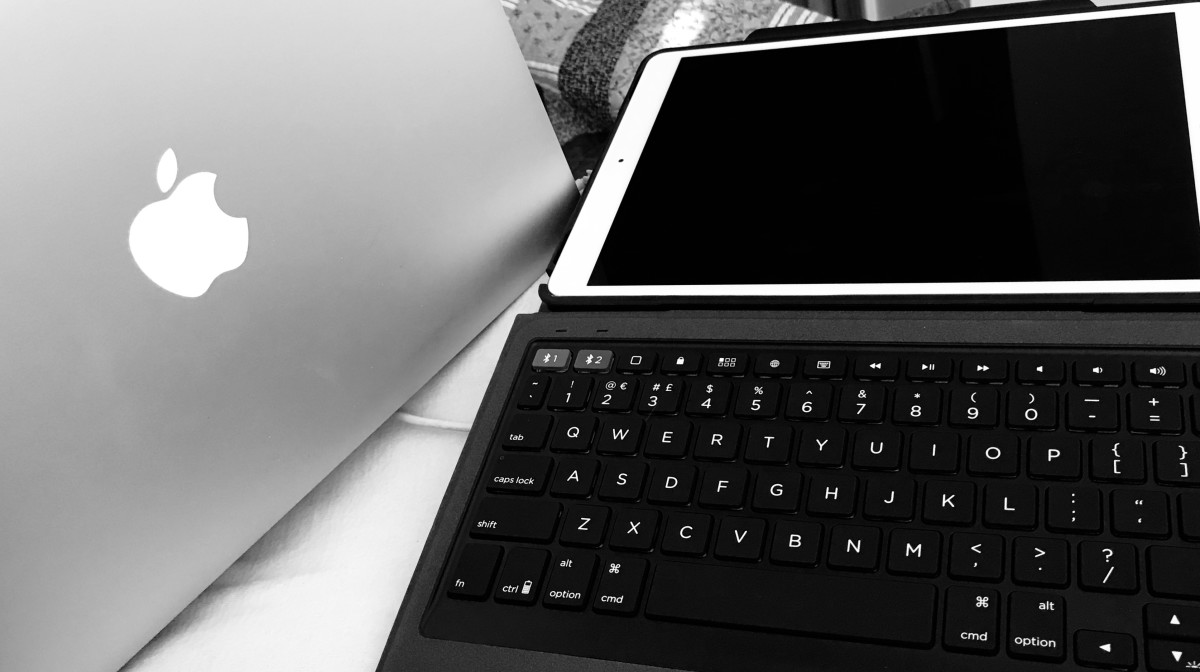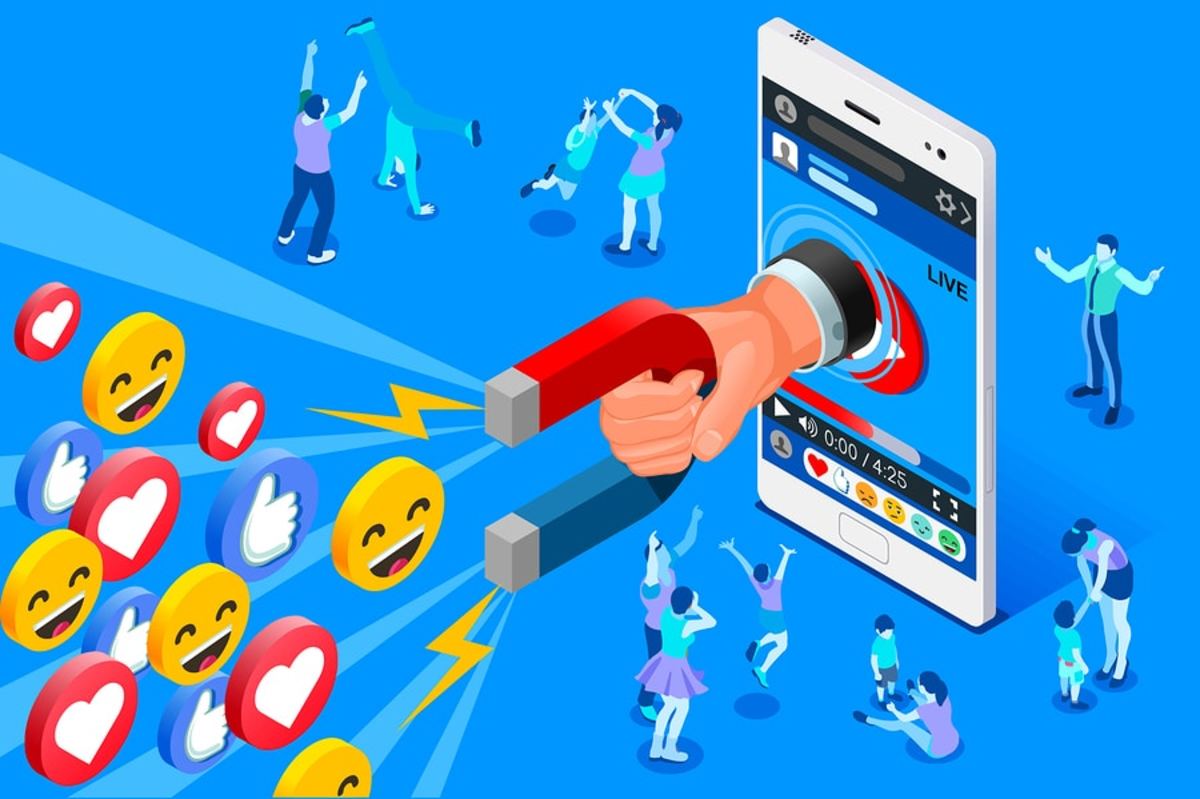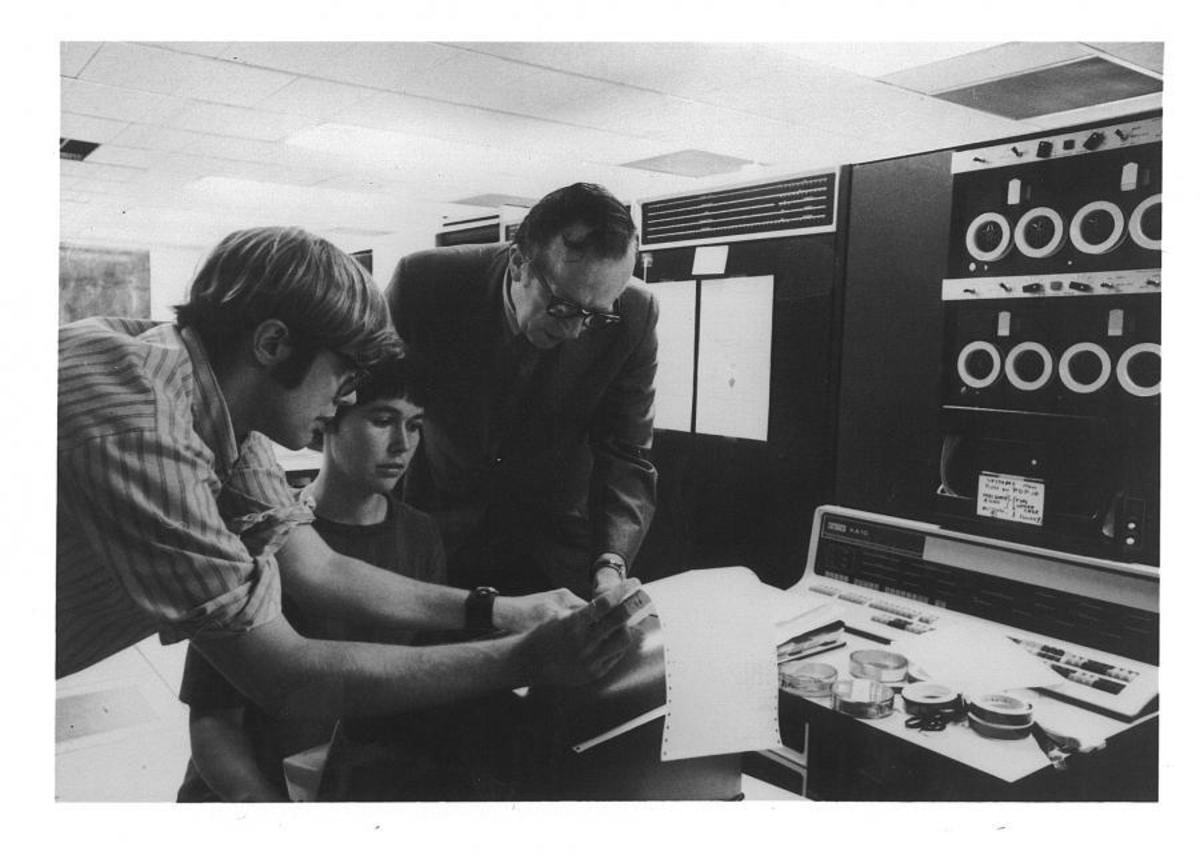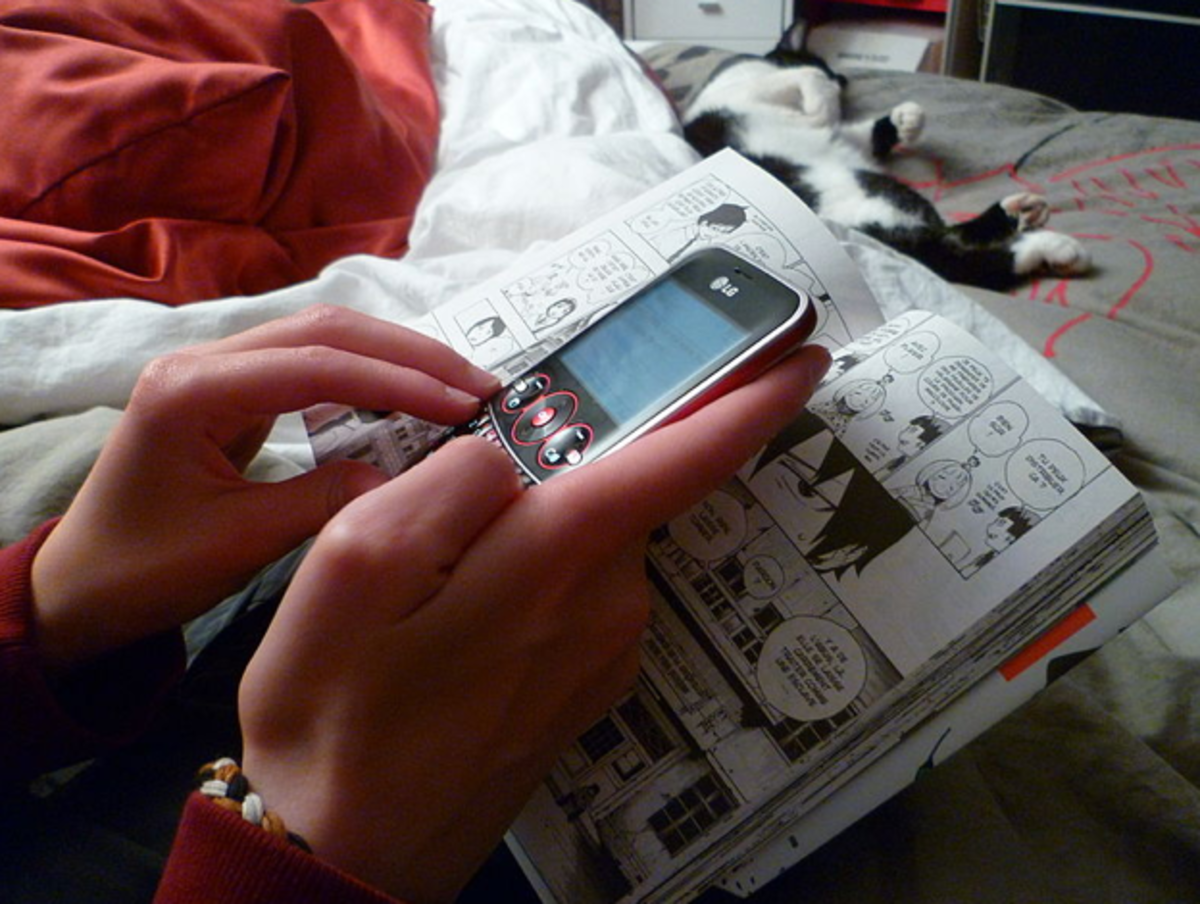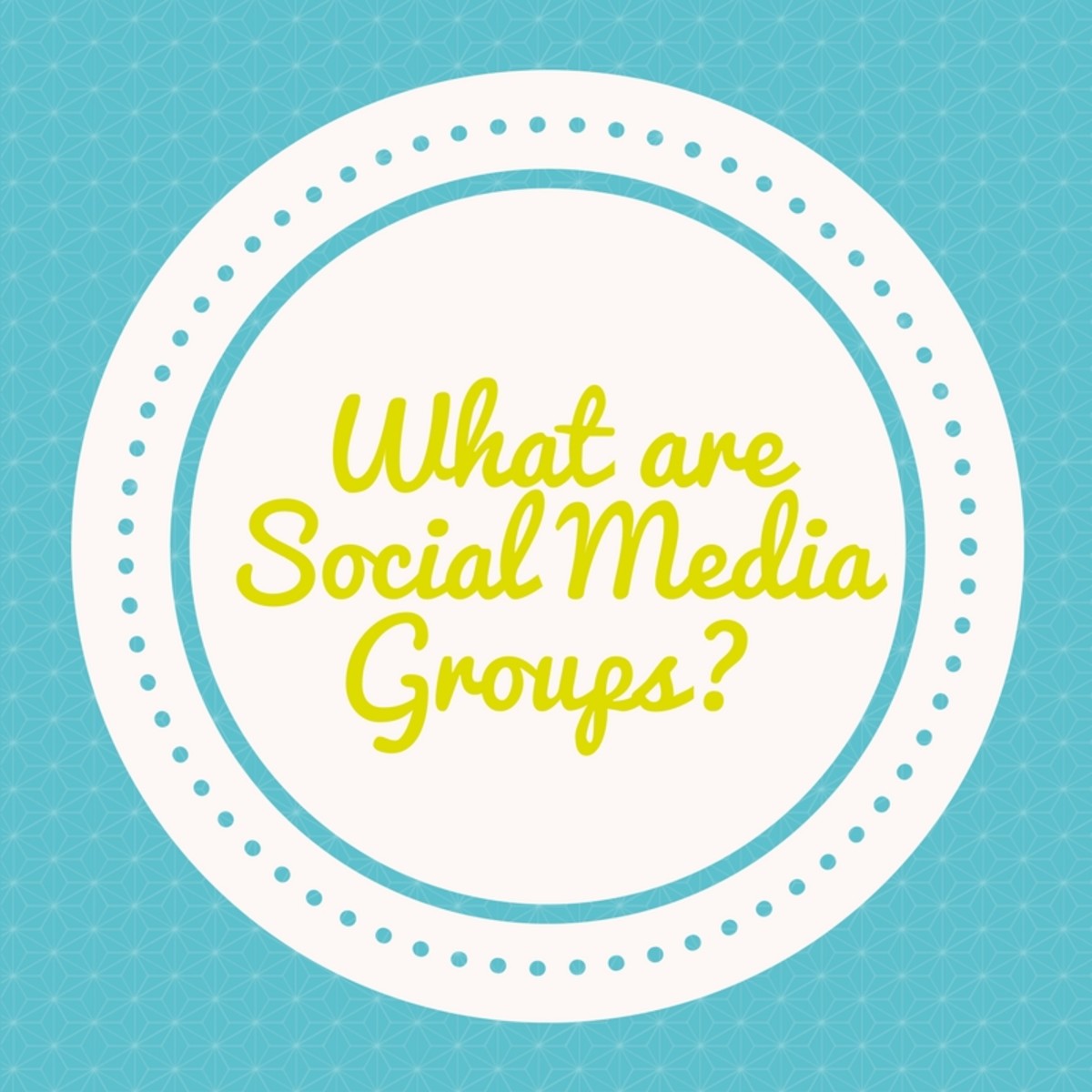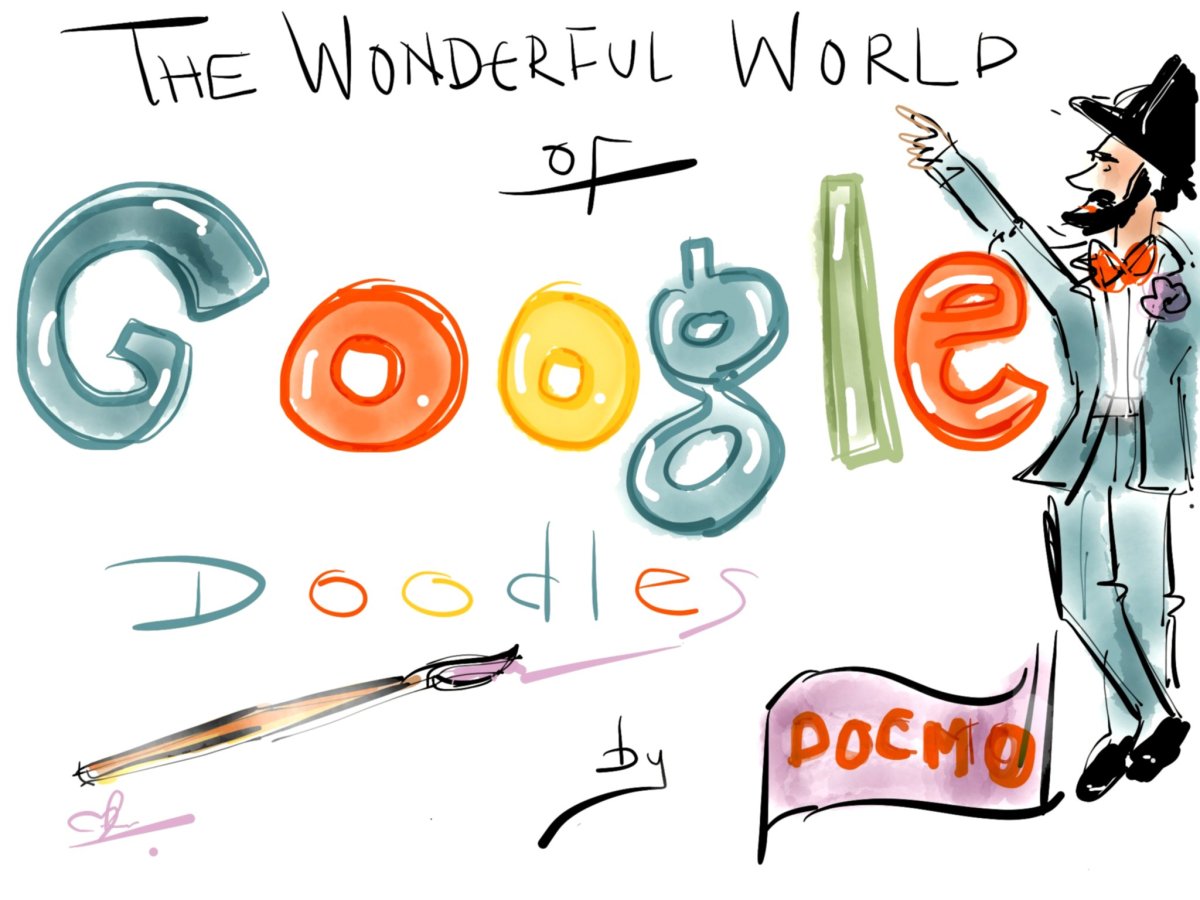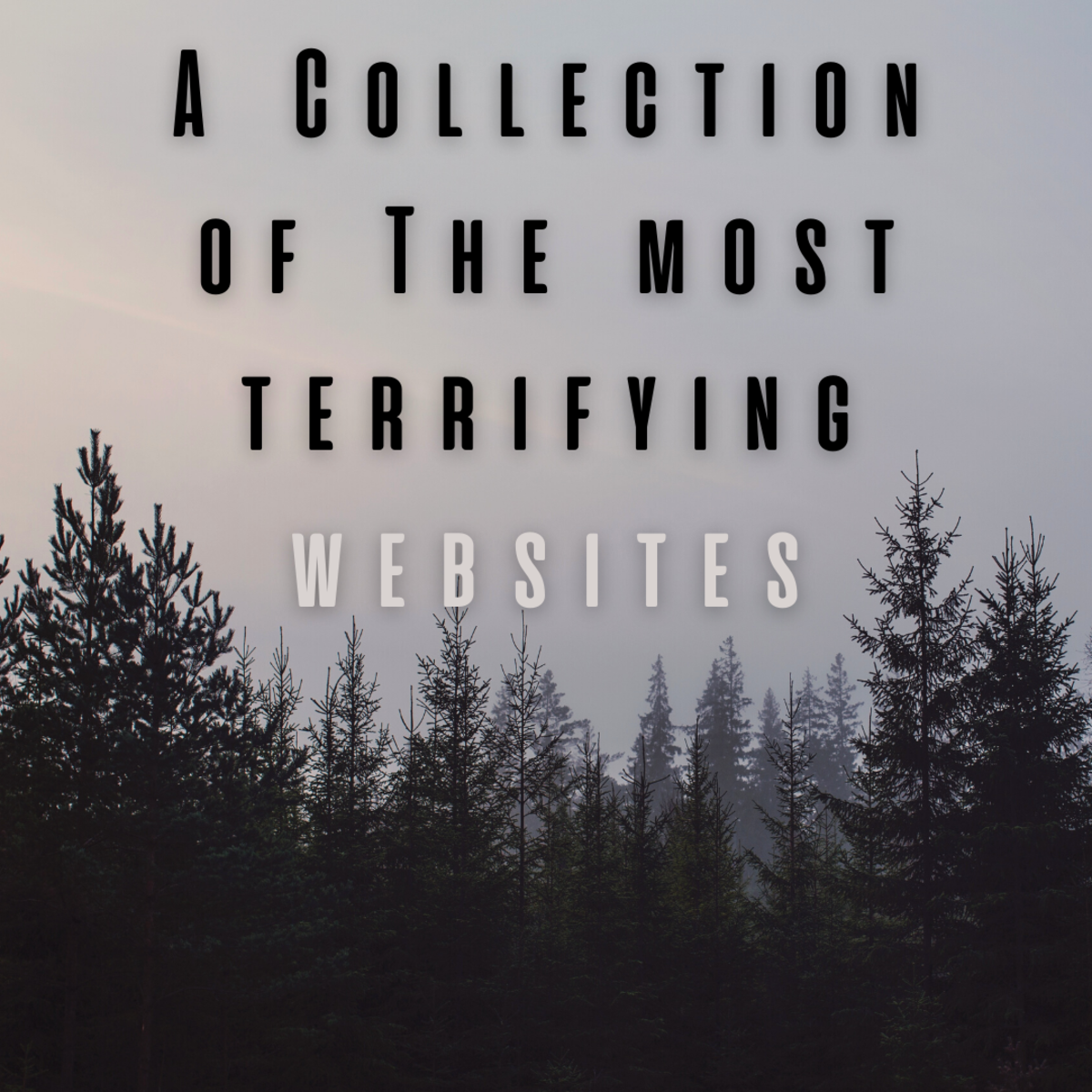The Advantages of the Internet: The Human and Social Side of the Web
When it comes to technology, the internet and world wide web is surely the biggest development of the last century. It has changed our lives almost beyond imagination, and in a relatively short space of time. For a great many of us, it has become such a significant part of daily life that we can no longer comprehend being without it. As a society, we have become addicted - most of the people I have recently spoken to find it harder being without a Broadband connection than a television set. It is not without its criticisms, having been blamed for loss of social skills; encouraging a solitary and 'unrealistic' existence; and for changing the face of traditional childhood. Although it has greatly enriched our lives in many ways, the very fact that the web is a free platform means that it also harbours undesirable content.
But the object of this article is not to discuss the internet in general, nor is it to highlight any negative issues. Rather, it is to focus upon the social side, and the way in which our interactions can highlight our humanity. After all, technology aside, we are a still a social species - our natural inclination is to communicate with other human beings. And whilst the internet can encourage a decline in social contact with the people in our vicinity - family, friends, neighbours etc. - it also allows us to communicate on a much wider scale with the rest of the world than we would otherwise be able to do.
Not so long ago, it would have seemed inconceivable for the ordinary person to be able to communicate with human beings around the globe without travelling or forming business connections. Our world has definitely shrunk. Social media sites like Facebook mean that we can share our news, our photos and our thoughts instantaneously. We don't have to keep our opinions to ourselves - rather, we can share them with many people, and all at once. If we are looking for help with something, we can find it on the web. No matter what our problem, there will be someone, somewhere, willing to talk about it. Support forums on almost every topic under the sun are abundant with ordinary people ready to share their experiences and give their opinions. The internet is far more than a reference point - it is full of online communities, like small villages, who gather together despite vast physical distances to share in common issues and interests.

When Facebook Makes Things Better
Facebook sometimes comes under fire for its negative connotations, especially when it comes to issues relating to cyber-bullying. It isn't without blame - negative behaviour can be a big problem on social media, with ugly results. And yet it is also a massively supportive platform. I see, time after time, other people sending messages of comfort and support to those in need, or even those who are just having a bad day. They are little 'pick-me-ups', little online 'hugs' that, if nothing else, help us to feel that we are not alone.
On my Facebook friends list I have several acquaintances from my old school days, including some that I wouldn't really class as ever having been proper friends. I think most of us have at least a few of them - and it's interesting knowing what's going on in the lives of people one used to know. One girl, however, was badly bullied at school back in the 1980s and really struggled socially. People were not kind to her, and back then nothing much was done to stamp out bullying. She was obviously affected by her negative school experience and yet, as an adult, she has still managed to reach out to many old acquaintances from her schooldays and build a bridge despite the past. After all, everyone is much older now and childish ignorance and stupidity has laid way for maturity and greater compassion. Those people who were not accommodating as young people now go out of their way to support her, as she goes through divorce and experiences life as a single parent. Life might not have been easy, and it is clear that confidence issues have resulted from the past, and yet this woman now receives many supportive and encouraging messages from old classmates - which probably would not be happening if it was not for Facebook. After all, we are talking about a small town and so many people have moved away. Life is much less entwined, and random meetings are rare. Social media does have the capacity to link people, despite time, distance and inconvenience. Mostly, it has the capacity to link people who would otherwise have lost touch for good. And sometimes, a little message of hope and comfort can mean more than many of us realise, no matter who it comes from.

Reaching Out on Twitter
Twitter only allows one to write a limited number of characters in a single post. Sometimes, however, it is not how much you say but how you say it. Recently, I have become aware that Twitter is often used as a platform for posting thought provoking quotes, many times by celebrities with millions of followers. In fact, a lot of today's celebrities seem to be particularly fond of quotes aimed at the good of humanity. The days of smashing up guitars in hotels are long gone - the message from today's stars is to make our world a better place.
I love quotes - a good message can really set one on the right path for the day. I'm not sure how many of us would think to get up and flick through a book of quotes each morning, but log on to Twitter and you may well come across one anyway - if you follow enough people and assuming they are half decent. Here are some examples:
"You are part of the community you want to change, the change begins with YOU." - a very self-motivating comment tweeted by Lady Gaga, in January 2013.
Lady Gaga currently boasts the second highest number of Twitter followers in the world. As of today, she has over 36 million of them. A quote that reaches even a fraction of that many people in a day is doing a better job than any book could. And not only do celebrity quotes reach a lot of fans, but they are then usually retweeted by hundreds or even thousands of followers. The capacity to reach out and spread a message on Twitter can be enormous. And starting the day with a thought-provoking quote is almost like a spontaneous lesson in motivation. It helps us to feel more positive, in the same way that a good song can. It spreads a little bit of hope and inspiration - and that is something that we all need, from time to time.
Here are some more inspirational quotes and thoughts taken from high profile Twitter accounts:
"The best way to cheer yourself up is to try to cheer somebody else up." - quote by Mark Twain
“It is never too late to be what you might have been.” - George Elliot
"Life is 10% what happens to us and 90% how we react to it.” - Charles R Swindoll
"Do something good for someone" - singer Adele promoting World Humanitarian Day
"Always believe something wonderful is about to happen..."
"The only person you are destined to become is the person you decide to be." – Ralph Waldo Emerson - tweeted by Pharrell Williams and retweeted by Miley Cyrus
Even this tweet, composed by Will-i-am, lends itself to a vibe of motivation:
"Welcome to this thing called life.....don't you let it pass you by..." It's the perfect reminder to those procrastinators among us, to try to fulfill our true potential before we regret it.
Quoting doesn't just belong to high profile celebrities. of course. I have simply used this as an example of how a few choice words can reach the minds of thousands. A lot of 'regular' tweeters also like to do the quote thing - spreading a positive, inspirational or hopeful message at the touch of a few buttons and within 140 characters. Positivity has an effect on our psyches and strengthens our minds. It can change the course of our day, dispelling negativity and propelling us to make life better. And when we all want to make life better, then the world is a better place to be.
Disasters and Prayers
Disasters and tragic events always result in an online outpouring of prayer and support. If nothing else, it shows that, no matter how independent and solitary our lives might seem to become, when it matters most of us are empathic and really do care. The most recent event, as I write this, is the Boston Marathon bomb explosion. On my Facebook newsfeed, posted by someone else, is a picture of a candle and the words Thoughts and Prayers to the Victims of the Boston Marathon. There are also numerous pictures of dogs, cats and funny anecdotes about friendship and wine - but it is the glowing candle that stands out the most.
Social media allows us to voice our support, unite in our prayers and to express our compassion like never before. It might not help the situation, but at the very least it shows that we care for humanity. On Twitter, #prayforboston is the common link for a huge outpouring of support and prayer. It isn't the only occasion - whenever something goes horribly wrong in our world, there are millions of us who want to share our thoughts and our support. When aid is needed, whether on a huge scale or a smaller one, appeals are made through Twitter and Facebook. These appeals are then shared or retweeted and have the ability to reach thousands or millions on a global scale. The internet takes away our boundaries. It provides us with the ability to join forces like nothing we have known before.
Still Human
No matter how advanced we become as a society, or how developed our technology becomes, we are still human. Technology might seem to isolate us - and in some ways it does - but it can also bring us together in ways that just weren't possible before. As a species, our natural inclination is to connect with others, and we use our technology to do just this. The internet is more than a source of reference for finding out facts - it has become a place to share our news, our thoughts and our support. It can connect us to people we have never met. Although it can be used to promote negativity, it is often a source of inspiration. Positive thoughts, when shared, can become a very powerful source for good.

